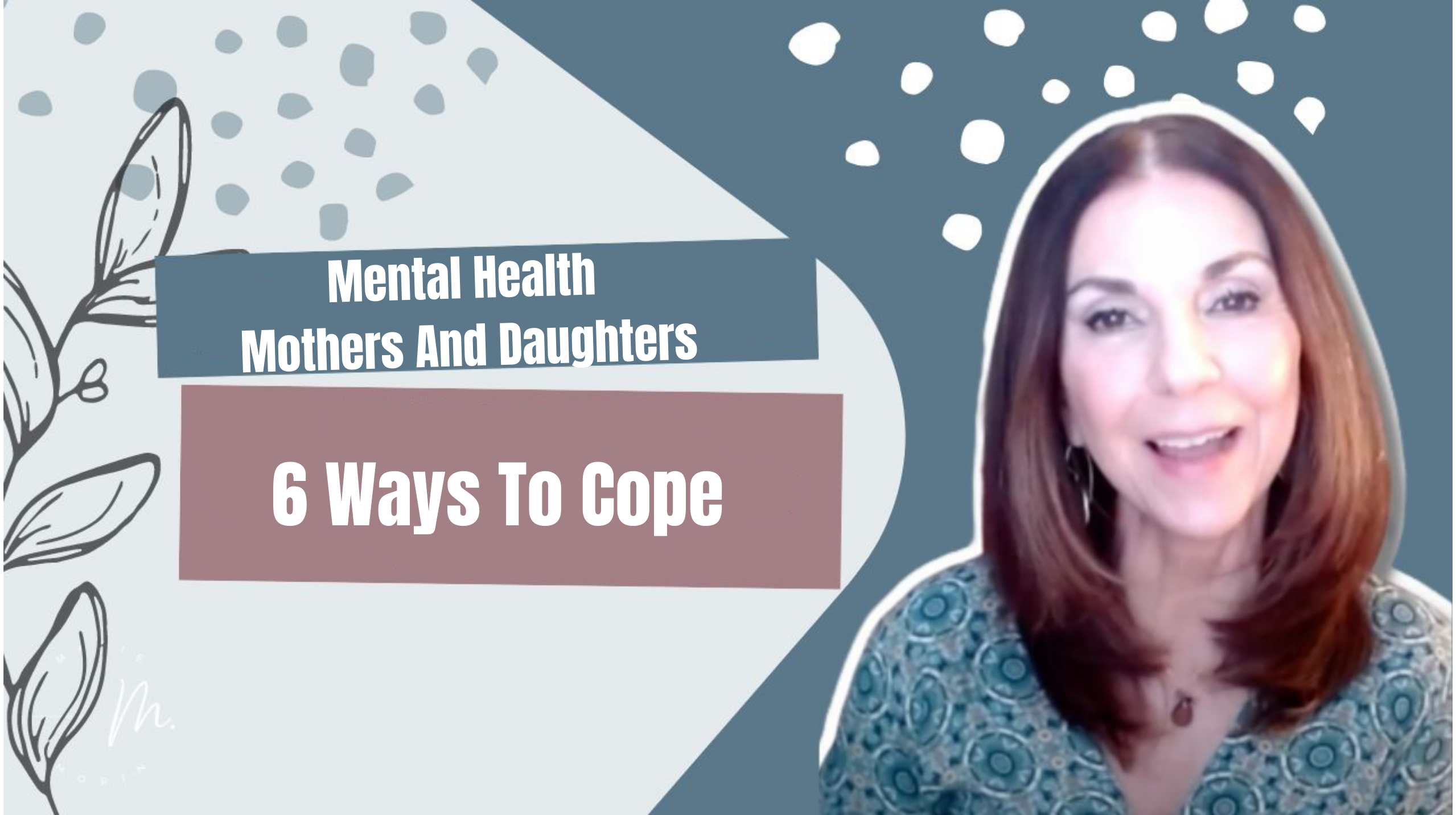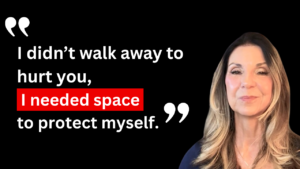The mother-daughter relationship is a complex bond that various factors can influence. One significant contributor to estrangement between mothers and daughters is mental health challenges. In this blog post, we will explore how mental health affects the dynamics of the mother-daughter relationship, leading to estrangement. By understanding these factors, we can gain insights into the complexities involved and explore strategies for healing and reconciliation.
Five Ways Mental Health Challenges Contribute To Estrangement
- The Isolation of Mental Health Challenges
Mental health challenges can create a sense of isolation, making it difficult for the mother and daughter to connect. Feelings of loneliness, frustration, and anger may arise, further straining the relationship. Recognizing the impact of mental health challenges on communication and emotional connection is crucial.
- Lack of Understanding and Education
A lack of understanding or education about mental health can contribute to misunderstandings and conflict within the mother-daughter relationship. Both parties may struggle to provide adequate support or communicate their needs, exacerbating the estrangement. Encouraging open dialogue and learning about mental health can bridge the gap and foster empathy and understanding.
- Changing Relationship Dynamics
Mental health challenges can alter the dynamics of the mother-daughter relationship. One person may take on the role of a caregiver, while the other may feel like a burden. These imbalances can lead to resentment and further strain the relationship. Recognizing and addressing these shifting dynamics is crucial to rebuilding a healthier connection.
- Stigma Surrounding Mental Health
The stigma surrounding mental health can create barriers to open discussions between mothers and daughters. Feelings of shame or judgment may prevent individuals from sharing their experiences, leading to avoidance and distance. By promoting understanding and acceptance, we can create a safe space for dialogue and bridge the divide caused by stigma.
- Exacerbating Existing Conflicts
Mental health challenges can exacerbate pre-existing conflicts or unresolved issues within the mother-daughter relationship. These challenges may bring up past wounds or introduce new conflicts, making them more difficult to resolve. Recognizing the interplay between mental health and relationship conflicts is essential for healing and reconciliation.
Coping Strategies for Mothers with Estranged Daughters
- Seek therapy: Engaging in therapy provides a supportive environment to process emotions, address unresolved issues, and develop practical communication skills. Therapy can offer a safe space for mothers to explore their feelings, gain insights into their behaviors and reactions, and understand the impact of mental health challenges on the mother-daughter relationship. A therapist can help mothers develop strategies for managing their emotions, improving communication, and navigating the complexities of estrangement. Therapy also offers an opportunity for mothers to work through any unresolved issues or past traumas that may have contributed to the estrangement.
- Practice self-care: Mothers need to prioritize their own mental well-being during the healing process. Self-care activities can help reduce stress, improve mood, and enhance overall well-being. This may include exercise, meditation, journaling, pursuing hobbies, or spending quality time with supportive friends or family members. Taking care of one’s needs allows mothers to be in a better emotional state, which can positively influence their approach to the estranged relationship with their daughters.
- Educate yourself on mental health: Learning about your daughter’s mental health challenges can help you understand her experiences and provide more effective support. Educating yourself about specific conditions or mental health issues can help dispel misconceptions, reduce stigma, and promote empathy. It is essential to stay informed about the symptoms, treatment options, and available resources related to your daughter’s mental health challenges. This knowledge can help you approach conversations and interactions with greater sensitivity and understanding, fostering a more supportive environment.
- Respect boundaries: Respect is crucial to rebuilding trust and healing the mother-daughter relationship. Acknowledging and honoring your daughter’s limitations is essential, giving her the space she needs. Avoid pressuring her into interactions or conversations she is not ready for, and refrain from ignoring or minimizing her limits. Respecting boundaries demonstrates your willingness to listen and understand her needs, creating an environment that encourages open communication and a sense of safety.
- Practice forgiveness: Forgiveness can be a challenging but powerful tool for healing. While it does not mean dismissing or minimizing the harm caused, forgiveness involves letting go of anger, resentment, and the desire for revenge. It is a process of releasing negative emotions, focusing on moving forward, and rebuilding the relationship. Forgiving your daughter, and perhaps yourself allows for the possibility of growth and positive change. It is important to note that forgiveness may take time and involve seeking support from a therapist or counselor to navigate the complex emotions involved.
- Reach out for support: Connecting with others who have experienced similar situations can provide invaluable support and understanding. Joining support groups or seeking online resources tailored explicitly for mothers of estranged children can offer a sense of belonging and validation. Sharing experiences, seeking advice, and receiving encouragement from others who have gone through similar challenges can provide emotional support and guidance throughout the healing journey. Connecting with individuals who can relate to your experiences can remind you that you are not alone and offer insights into successful strategies that have worked for others.
Conclusion
In conclusion, while the impact of mental health challenges on the mother-daughter relationship can be significant, it is not insurmountable. With determination, understanding, and a commitment to personal growth, mothers and daughters can navigate the complexities of estrangement and embark on a journey of healing and reconciliation. By implementing the coping strategies discussed and seeking support when needed, it is possible to rebuild a relationship that is characterized by empathy, trust, and mutual support. Remember, the path to healing may not be linear, but a healthy and positive mother-daughter bond can be restored with perseverance and love. This article discusses Mental Health and Mother-Daughter Estrangement (6 Ways to cope).








